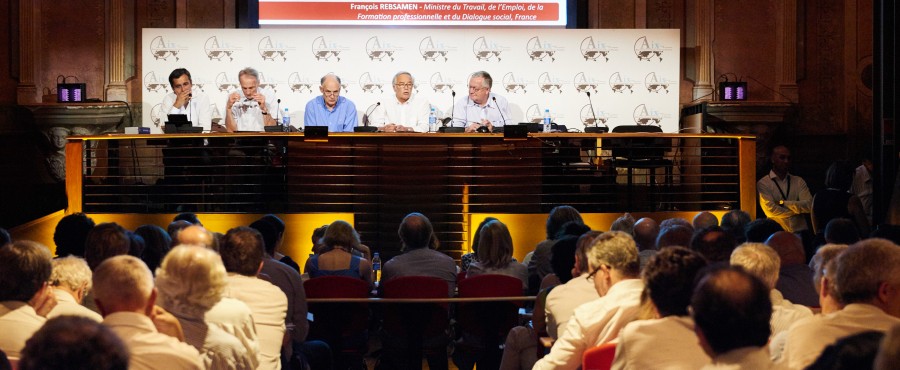4 Jul 2015
Freeing up Work, Hopes and Constraints
Debate 5

In many countries, employers are demanding more flexibility from the labour market. They want lower downsizing costs, jobs and hours that change quickly to match their company’s order books, wages adjusted for productivity and profitability, etc.
There needs to be an understanding that if we only laid the groundwork for flexibility, the resulting economic costs would be considerable. Unemployment would go up, human capital would be lost as unemployment numbers rose, wages would shrink and the wealth gap would be excessive as companies reaped most of the profits. That is why we cannot split «flexicurity» in half; flexibility and security must go hand in hand. In other words, workers who lose their jobs must be able to find another one quickly. In a country like France where studies show the working population has very low skills, training is the only answer. But the French career training system is in a deplorable state.
Training is also one way of avoiding the so-called anti-Schumpeterian trap. With the exception of Germany, the structure of jobs in many countries like France, Italy, the UK, and the US is taking a turn for the worse. Rather than having a Schumpeterian system where workers move on to better jobs that require more skills, we conversely have an anti-Schumpeterian process whereby high-level jobs have been destroyed (i.e. in industry) and mostly replaced with less demanding jobs (human services, distribution, entertainment, etc.).
This downgrading of skills caused by a distortion of job structure evidently leads to
dissatisfaction, negativity and weak growth.







